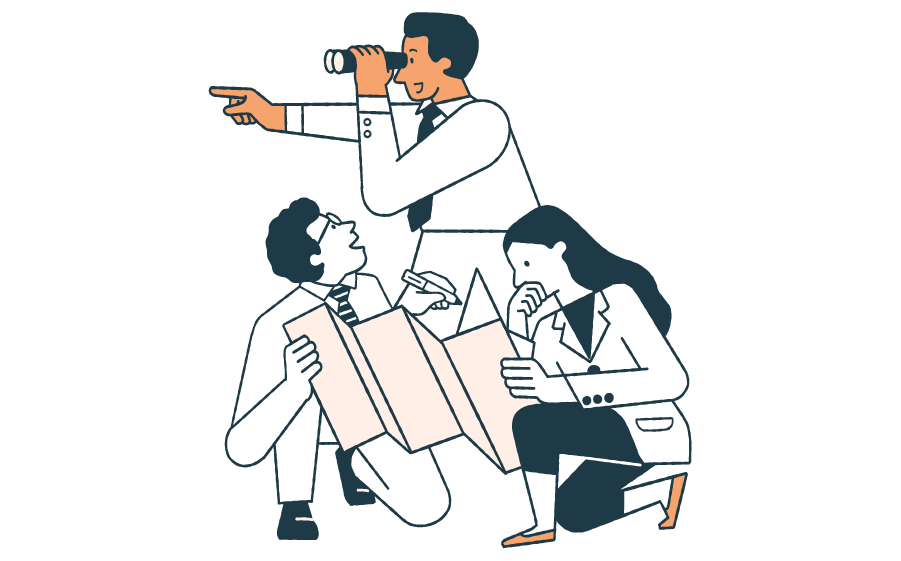Susan’s father, Bill’s mental capacity has been declining over the past number of years due to the onset of dementia. Bob’s memory loss is profound, and he requires Susan’s assistance with many daily tasks, including banking. One day, Susan heads to Bob’s bank to make some bill payments on Bob’s behalf. The bank teller advises Susan that she cannot legally access Bob’s accounts, and that she must provide a valid Power of Attorney document to assist him. Susan looks through her father’s filing cabinet and important documents but cannot find a Power of Attorney document. She does not recall her father ever having signed one.
*Note: The above scenario is not a real client case, but rather an illustrative hypothetical based on the author’s professional experiences.
Susan and Bob’s situation is unfortunately not unique. Clients come to me panicked because their loved one didn’t execute a Power of Attorney document, and now a financial or medical institution will not allow them to make decisions on their loved one’s behalf. There is a solution for clients in this tough position: adult guardianship appointment.
Powers of Attorney
Many individuals are familiar with the term “Power of Attorney”. Power of Attorney documents (“POAs”) appoint a substitute decision maker who can manage our property and make health care decisions for us if we lose mental capacity. POAs are important documents to have to make sure our loved ones can manage our affairs when we aren’t able to do so. To appoint a substitute decision maker, an individual must have adequate mental capacity at the time of signing the POAs.
So, what happens when an individual, like Bob, no longer has sufficient mental capacity to sign a POA (or never had it), and has not appointed a substitute decision maker?
Loved ones of incapable individuals who do not have POAs can apply to the Court to be appointed as their Guardian for Property and/or Personal Care. This Court appointment gives the Guardian the legal authority to make decisions and manage the assets and/or health care on behalf of an individual who is unable to do so themselves.
Using the above example, because Bob did not execute POAs, Susan has the option to apply to the Court to be appointed as Bob’s Guardian for Property and Personal Care. This guardianship appointment would be acknowledged by Bob’s bank in the same way a POA would, and will allow her to manage Bob’s finances on his behalf.
Who could benefit from having a guardian appointed for them?
The following are examples of individuals who could benefit from having a guardian appointed for them if they did not have POAs:
- Adults with acquired brain injuries;
- Adults with diminished capacity due to illnesses like Alzheimer’s or dementia;
- Adults with cognitive disabilities; or
- Adults who are not conscious, for a short or extended period, due to a health crisis.
If you require assistance with creating a POA or applying for Guardianship of your loved one who does not have a POA, please reach out to set up a time to discuss the particulars of your situation further.
Disclaimer: This article should not be taken as legal advice. It contains some general legal information on the topic covered in this article.
Website Disclaimer: The information provided on this website does not, and is not intended to, constitute legal advice; instead, all information, content, and materials available on this site are for general informational purposes only. Information on this website may not constitute the most up-to-date legal or other information. This website contains links to other third-party websites. Such links are only for the convenience of the reader, user or browser; WayForth LLP and its members do not recommend or endorse the contents of the third-party sites.
Readers of this website should contact their lawyer to obtain advice with respect to any particular legal matter. No reader, user, or browser of this site should act or refrain from acting on the basis of information on this site without first seeking legal advice from counsel in the relevant jurisdiction. Only your individual lawyer can provide assurances that the information contained herein – and your interpretation of it – is applicable or appropriate to your particular situation. Use of, and access to, this website or any of the links or resources contained within the site do not create a lawyer-client relationship between the reader, user, or browser and website authors, contributors, contributing law firms, or committee members and their respective employers.
All liability with respect to actions taken or not taken based on the contents of this site are hereby expressly disclaimed. The content on this posting is provided "as is;" no representations are made that the content is error-free.




